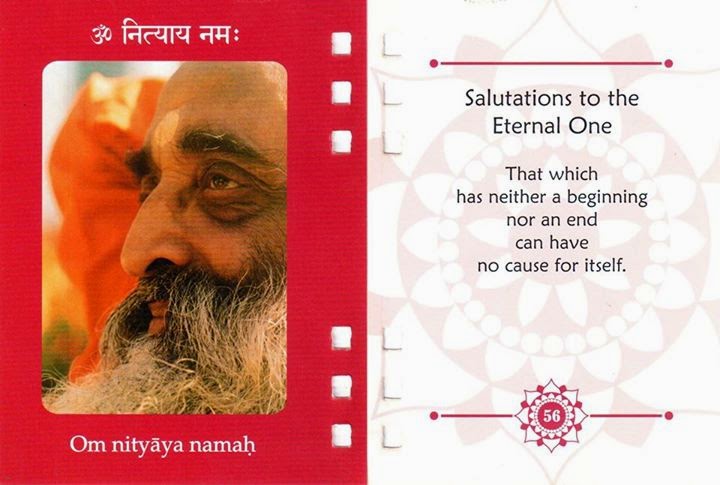Gita : Ch-12. Slo-6 & 7. Discussion-1.
Srimad Bhagavad-Gita :
Chapter-12. ( Bhakti-yogam)
Slokam-s - 6 & 7.
(6)
ye tu sarvani karmani mayi sanyasya matparah,
ananyenaiva yogena mam dhyayanta upasate.
tu ye = but one who;
sarvani karmani = all karma-s;
mayi sanyasya = submit / surrender unto Me;
mat-parah = being unto Me as the Supreme Goal;
ananyena eva yogena = without distraction, fixing his mind, on that goal only;
mam dhyayanta upasate = meditate that Supreme goal;
(7)
teṣham aham samuddharta mṛtyusamsarasagarat,
bhavami na cirat partha mayyavesitacetasam.
mayi avesita cetasam = who have their manovrutti completely based on Me;
tesham = for them;
partha! aham = hey arjuna! I;
na cirat = without delay;
mṛtyu-samsara-sagarat = from the ocean of life and death;
samuddharta bhavami = I give liberation ( from the ocean of samsaram) to them.
Discussion-1.
The devotees of the Supreme Lord Krishna do not have to undergo any tribulations or difficulties in order to reach Him quickly.
This is what He confirms in these two verses beginning with the words ye tu meaning but those who denotes those whose parents were conscious of Lord Krishna at the time of the infants very conception by which receiving such grace they were born devotees of the Supreme Lord or by destiny or karma being actions awarded based on previous actions, such beings acquire association of a pure devotee of Lord Krishna and are blessed by them.
Such fortunate jivas or embodied beings depend exclusively upon the Supreme Lord because He is absolutely the ultimate goal to be attained above all others in every situation and in all circumstances.
Such blessed beings are fully surrendered to the Supreme Lord, devoting their very lives for His complete satisfaction without motive or thought of recompense and reward for their activities.
Even while engaged in worldly activities for preservation of bodily maintenance for self and family such as food and shelter as well as performing Vedically ordained activities according to varnasrama or the four social order of Vedic society such as propitiation to the Supreme Lord, charity, etc. such surrendered beings continuously remember Lord Krishna as their most beloved and single object of adoration, reflecting again and again incessantly over His rupa or divine form, His guna or divine qualities, His lilas or divine pastimes, His dhama or divine abode and madhurya or His divine transcendental sweetness.
For such great souls Lord Krishna declares that He Himself becomes their saviour and personally delivers them from mrtyu-samsara-sagarat or the deadly ocean of the perpetual cycle of birth and death and this He declares that He does na cirat meaning without delay.
To be continued





Comments
Post a Comment